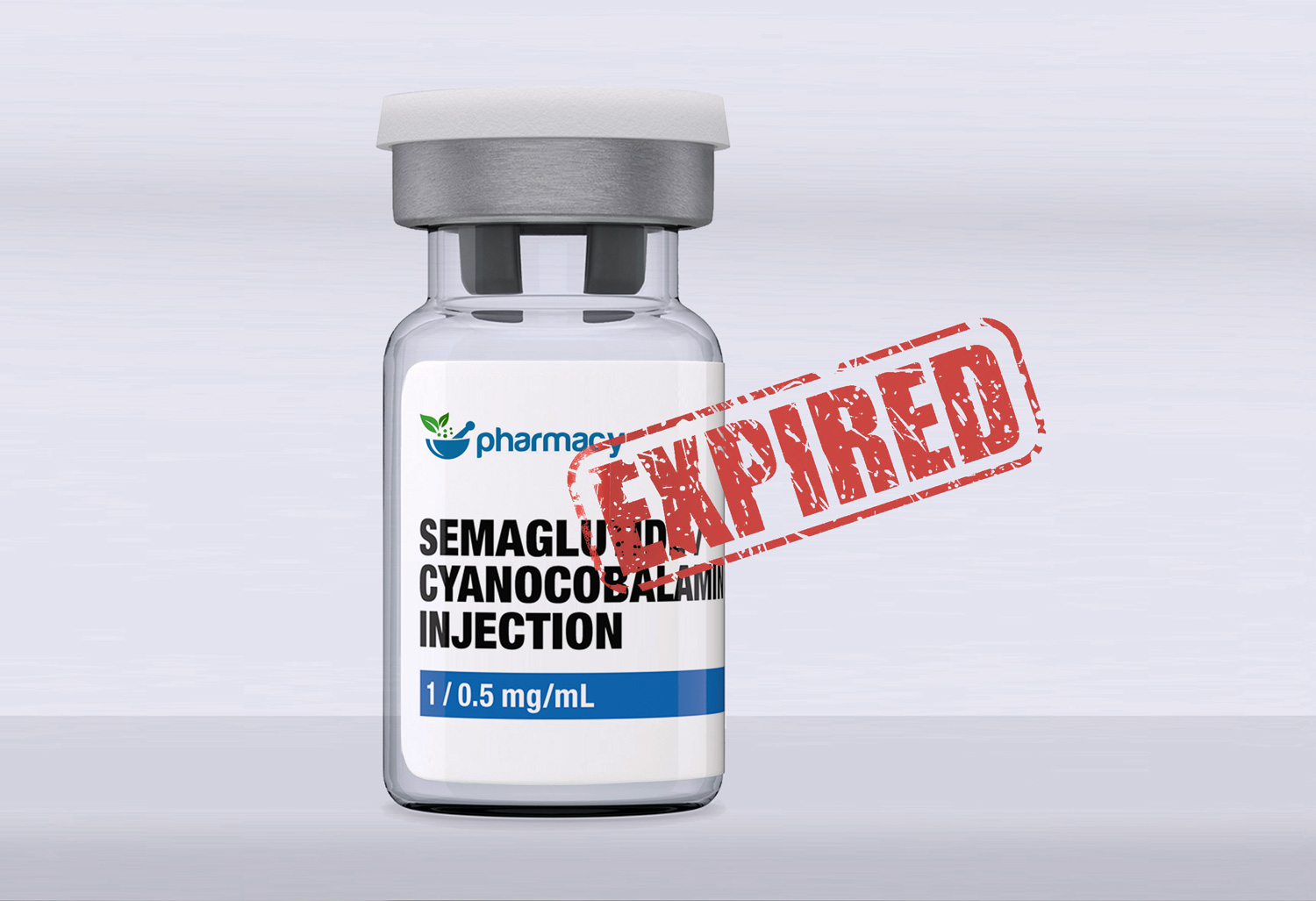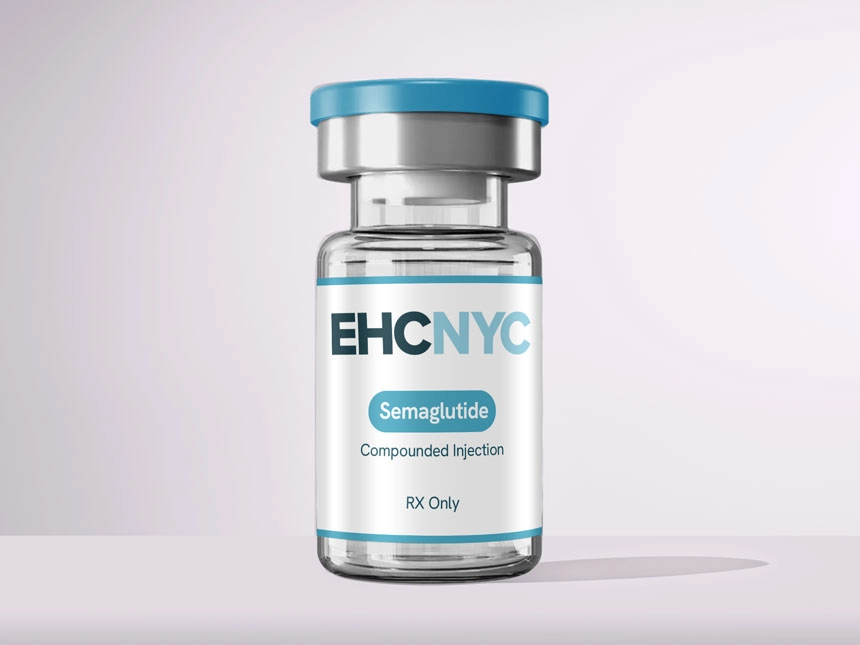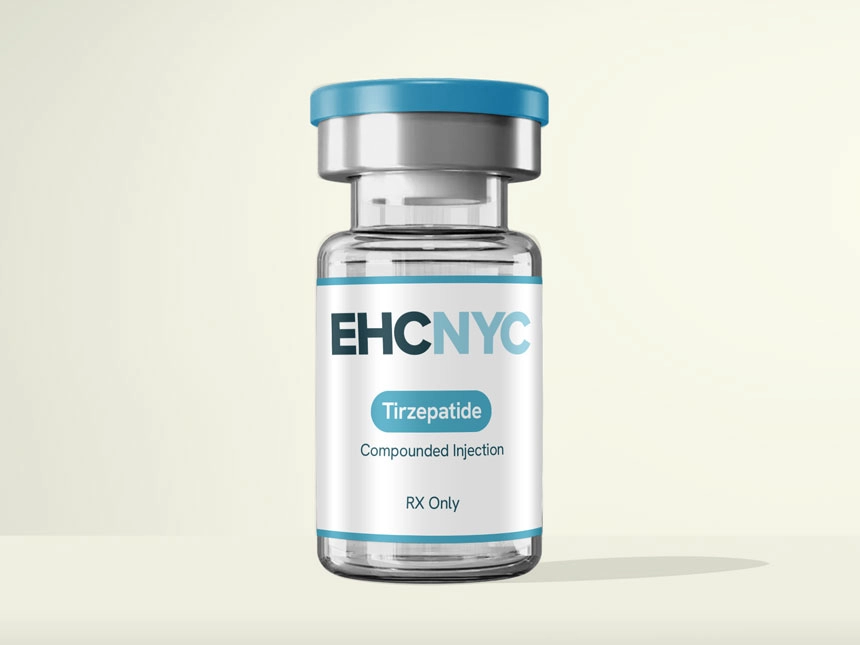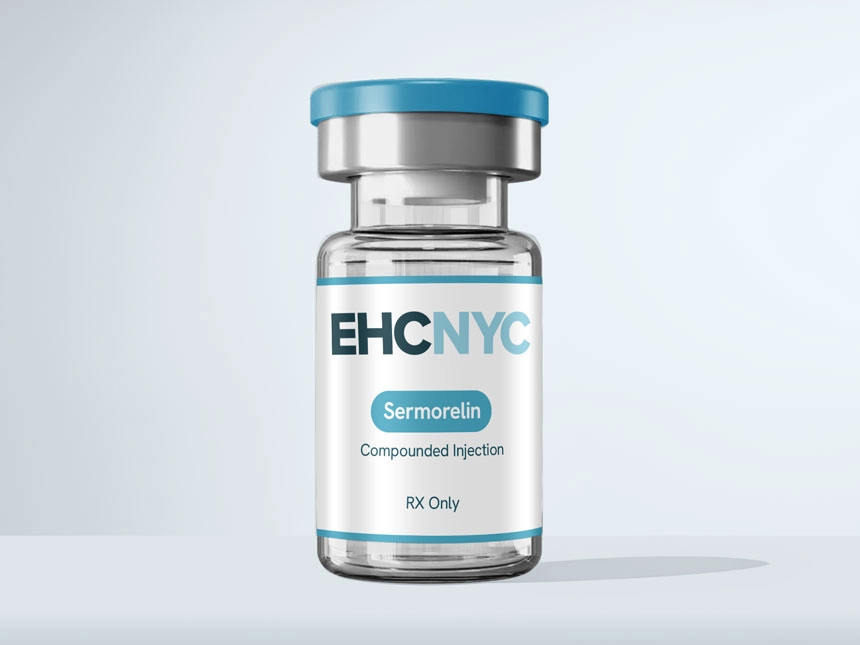
At Elite Health Center NYC, we want every patient to use their compounded semaglutide effectively — and safely. A big part of that is understanding how long it remains potent, how to store it properly, and when it’s time to discard it.
Here’s everything you need to know about compounded semaglutide expiration, shelf life, and best practices for storage.
What “Expiration” Means for Compounded Semaglutide
Unlike FDA-manufactured semaglutide (e.g., brand-name pens), compounded semaglutide typically does not come with a standard “expiration date” in the same way. Instead, it uses a Beyond-Use Date (BUD), which is:
- Assigned by the compounding pharmacy
- Based on stability data from that specific batch
- Not necessarily the same across different pharmacies or formulations
Because of this, the BUD is the most reliable guide for how long your vial is considered safe and effective. Once the “expiration date” (BUD) passes, the medication may degrade or lose its efficacy, which could impact your treatment outcomes.
Related Articles: Does Semaglutide Expire?
Can You Use Compounded Semaglutide After Its Expiration Date?
While it may be tempting to use expired compounded semaglutide, it is generally not recommended. Here’s why:
- Reduced Potency:
Expired medications may not work as effectively. For semaglutide, this could mean less impact on blood sugar regulation or weight management, potentially delaying your progress. - Chemical Instability:
Over time, the active ingredients in compounded medications may degrade, leading to unpredictable results. You might not get the therapeutic benefits you need, and in some cases, the breakdown products could cause harm. - Risk of Contamination:
Compounded medications often have shorter shelf lives than commercially manufactured ones. The compounding process and storage conditions can influence their stability, making expired doses more susceptible to contamination. - Health Risks:
Using an expired injectable medication could lead to adverse reactions, such as irritation at the injection site, infections, or even systemic side effects if the medication is compromised.
What Happens If You Use Expired Compounded Semaglutide?
If you’ve accidentally used expired semaglutide, you might notice reduced effectiveness in managing your symptoms, such as increased blood sugar levels or a plateau in weight loss.
If you have inadvertently used expired semaglutide, you should:
- Contact your healthcare provider immediately to report the incident and obtain guidance on next steps.
- Monitor the injection site for any signs of infection, such as increased redness, warmth, swelling, or pain.
- Monitor blood glucose levels closely (if you have diabetes) to detect any loss of glycemic control.
- Obtain a new, unexpired supply of medication and resume treatment with the fresh supply as advised by your doctor.
Why Is Adhering to Expiration Dates Important?
Medication expiration dates are not arbitrary. They reflect rigorous testing and ensure that the medication is safe and effective until the labeled date. Using expired compounded semaglutide could compromise your treatment plan, leading to setbacks in managing your condition.
Storage Best Practices: How to Keep Your Semaglutide Potent
To maximize the life and effectiveness of your compounded semaglutide:
- Maintain a steady fridge temperature.
Your pharmacy should provide instructions on how to store properly, which usually involves keeping the medication refrigerated. Typically, you will want to keep your vials at 2–8 °C (36–46 °F) — fluctuations can degrade the peptide faster. - Protect from light.
Store the vial in its original box or a shaded part of your fridge to reduce light-induced breakdown. - Avoid shaking.
Semaglutide is delicate. Instead of shaking, gently roll or invert (if your pharmacy recommends it) to mix. - Label and track “in-use” dates.
The day you puncture the vial typically starts a countdown to when it should be discarded — depending on your BUD. - Always use sterile technique.
Wipe the rubber stopper with an alcohol swab before each injection, and never reinsert a used needle to avoid contamination.
Why Expired or Degraded Semaglutide Is Risky
Using semaglutide beyond its BUD or after improper storage can lead to:
- Reduced potency. Over time, the peptide structure can break down, making it less effective.
- Contamination risk. Breakdown in preservatives or sterility can increase the chance of bacterial growth.
- Unpredictable dosing. If the molecule degrades, it may not work the way it did originally — which could compromise both safety and outcomes.
To stay on track with your treatment, always check expiration dates and store the medication properly. If you have expired doses, replace them promptly to ensure optimal results in managing your health.
Is Compounded Semaglutide Right For You?
When to Discard a Vial
You should consider discarding your semaglutide if:
- You are past the BUD printed on the label
- The solution looks cloudy, discolored, or has particles
- The vial has been left at room temperature too long or frozen
- You suspect microbial contamination (e.g., “off” odor, visible changes)
When in doubt, it’s safer to dispose of it and request a fresh vial — your safety and treatment effectiveness matter most.
How Elite Health Center NYC Supports You
At Elite Health Center NYC:
- We educate every patient about proper storage and why BUD matters.
- Our care team reviews your compounding pharmacy’s BUD policy to ensure you’re aligned.
- We encourage you to track usage, note when vials are opened, and reach out if you’re seeing any changes (cloudiness, reduced effect, etc.).
- If you’re unsure about a vial’s viability, call us — we’ll help you decide whether to discard it or continue safely.














